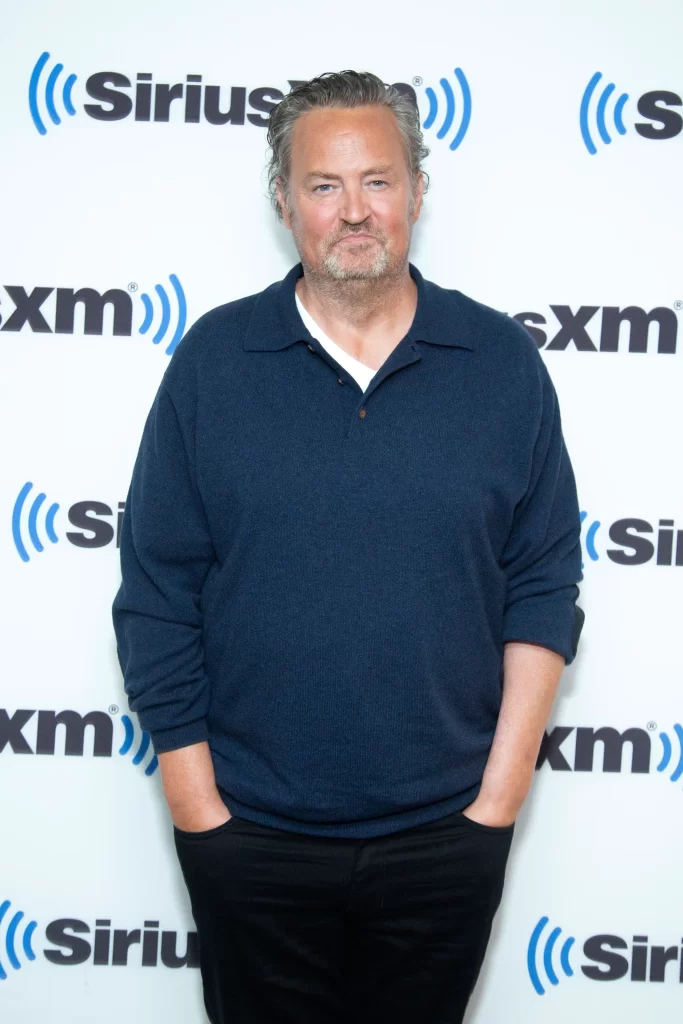MALIBU, Calif. — The urgent care clinic operated by Dr. Salvador Plasencia, who faces federal charges related to illegal drug distribution, has reopened with limited services, according to observations by The U.S. Sun on Monday.

Malibu Canyon Urgent Care resumed operations on Monday, August 19, 2024, after being closed over the weekend following Plasencia’s arrest on Thursday. A notice posted on the clinic’s entrance stated it would be open “for weight loss program only,” turning away patients seeking other medical treatments.
A nurse at the practice confirmed to The U.S. Sun that the facility opened at 10 a.m. but “can not see anyone for medical reasons.”
Plasencia faces multiple federal drug charges, including conspiracy to distribute ketamine and distribution of ketamine resulting in death. He has pleaded not guilty to all charges. His attorney, Stefan Sacks, told ABC affiliate WABC-TV that Plasencia was providing medical treatment “in good faith.”

Despite the charges, Plasencia has not been stripped of his medical license, according to TMZ. The Medical Board of California is investigating Plasencia and another physician, Mark Chavez, but until a ruling is issued, both doctors are still allowed to prescribe medication.
Chavez has reached a plea deal with prosecutors and agreed to plead guilty to conspiracy to distribute ketamine.

Federal investigators allege that Plasencia and four other suspects sought to profit from illegal drug distribution. U.S. Attorney for the Central District of California Martin Estrada stated that between September and October 2023, Plasencia and Chavez sold approximately 20 vials of ketamine, profiting $55,000 in cash.
Plasencia is currently out on $100,000 bond and is expected to go on trial on October 8.

The reopening of the clinic for limited services has raised questions about medical ethics and patient safety. Local health authorities have not yet commented on the clinic’s decision to continue operations while its primary physician faces serious federal charges.
As the legal proceedings continue, the case has sparked discussions about oversight in medical practices and the responsibilities of healthcare providers.



